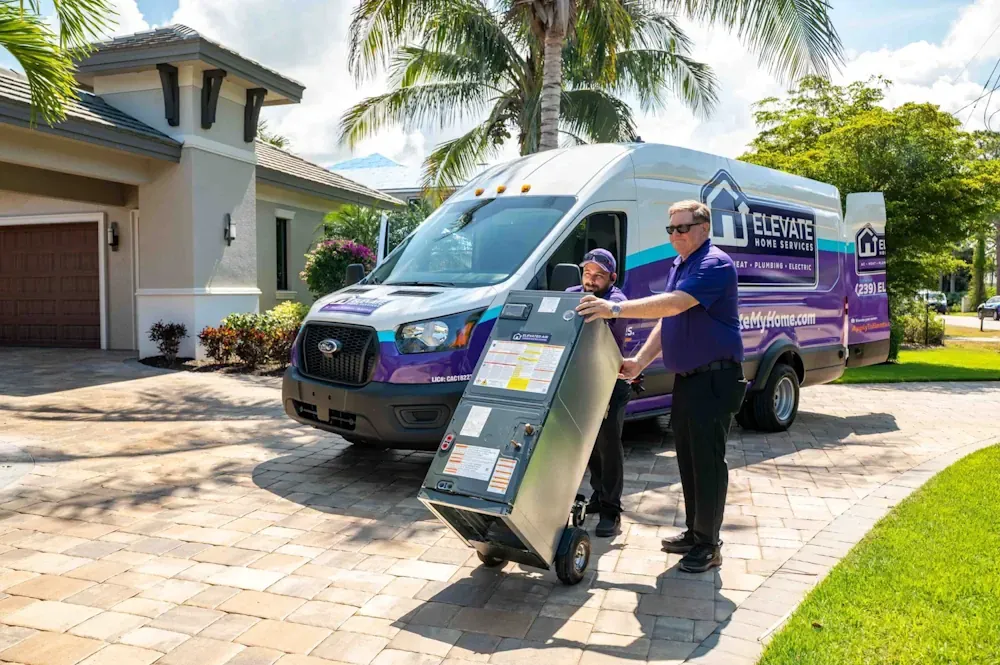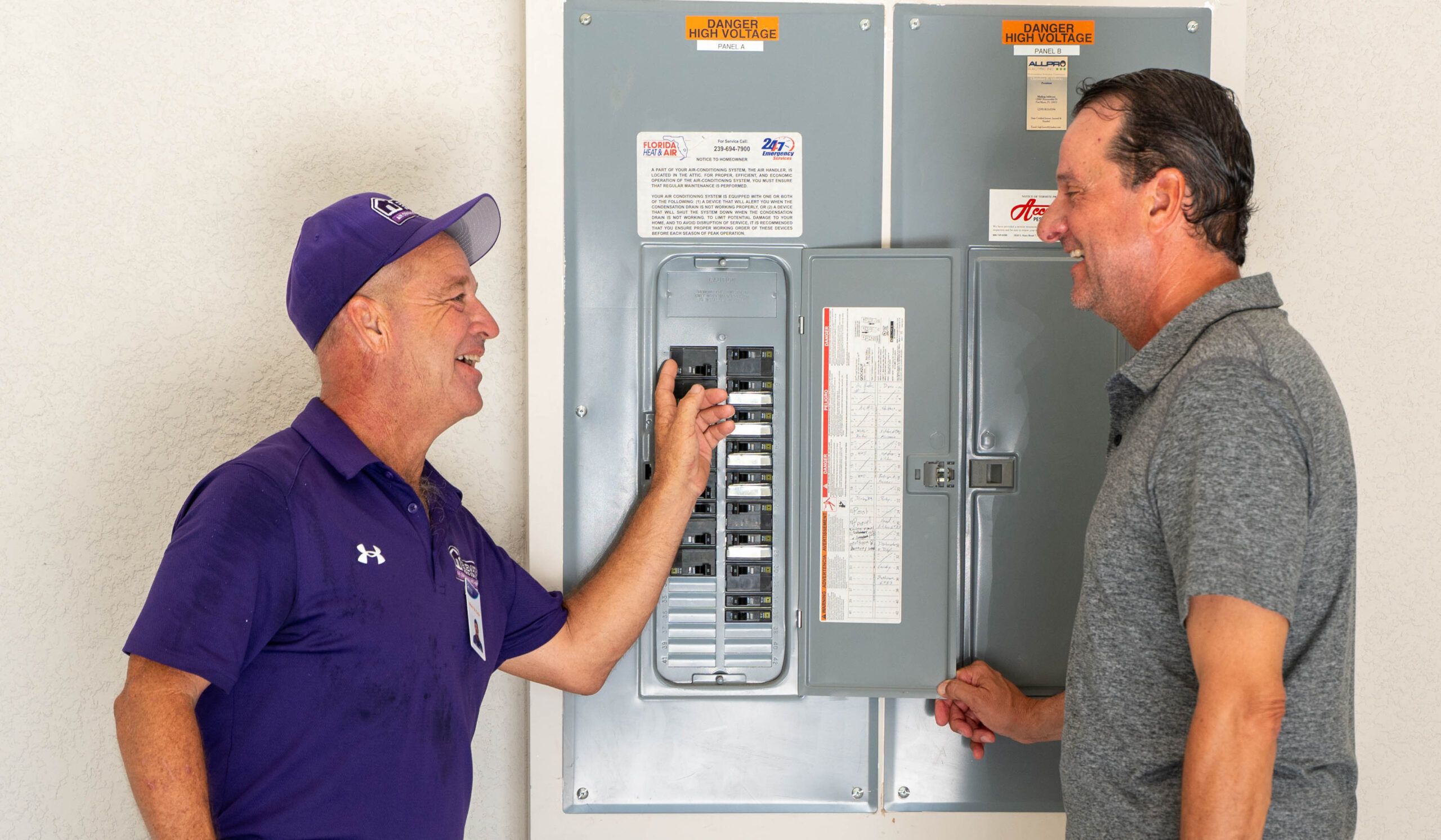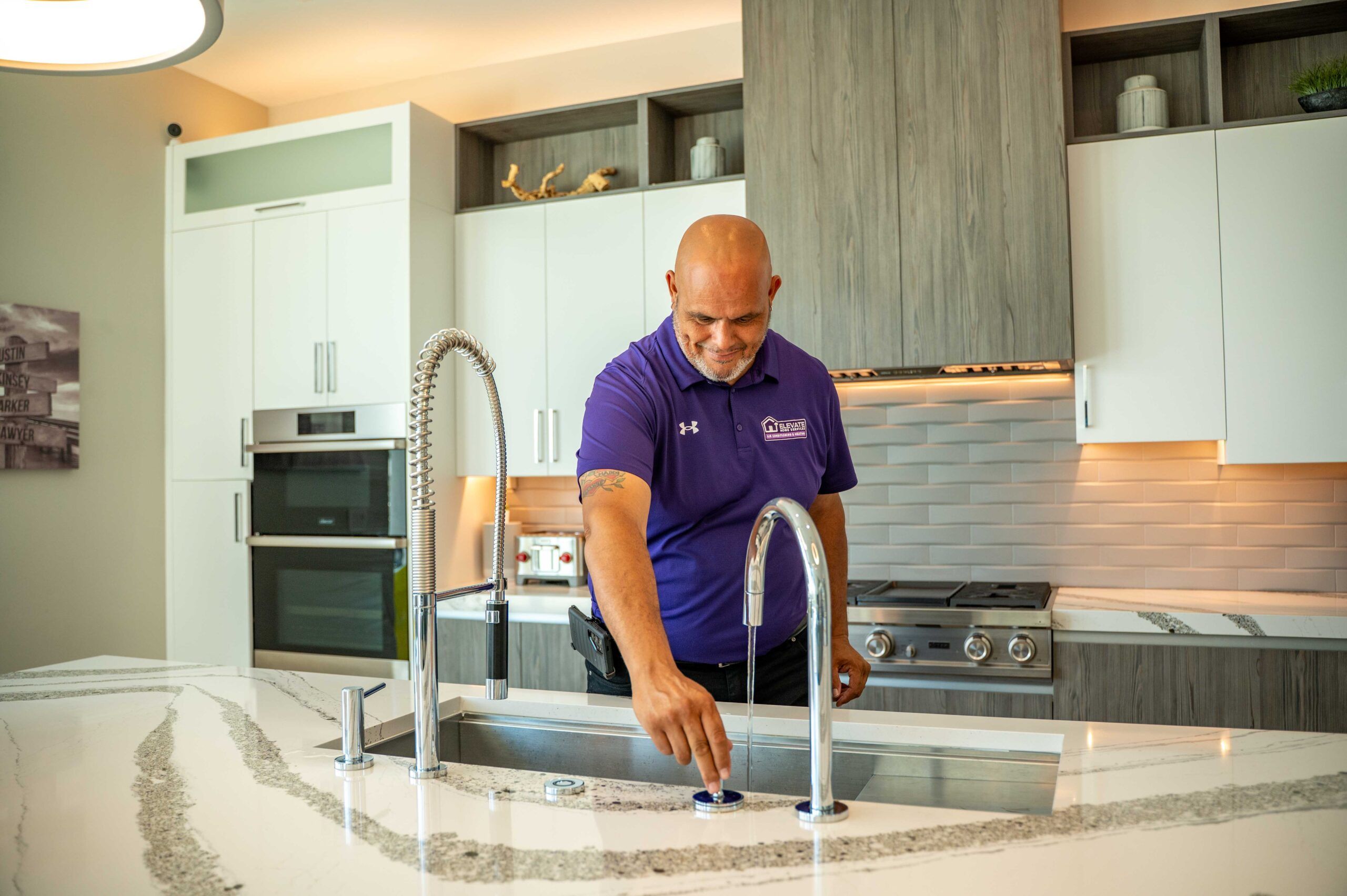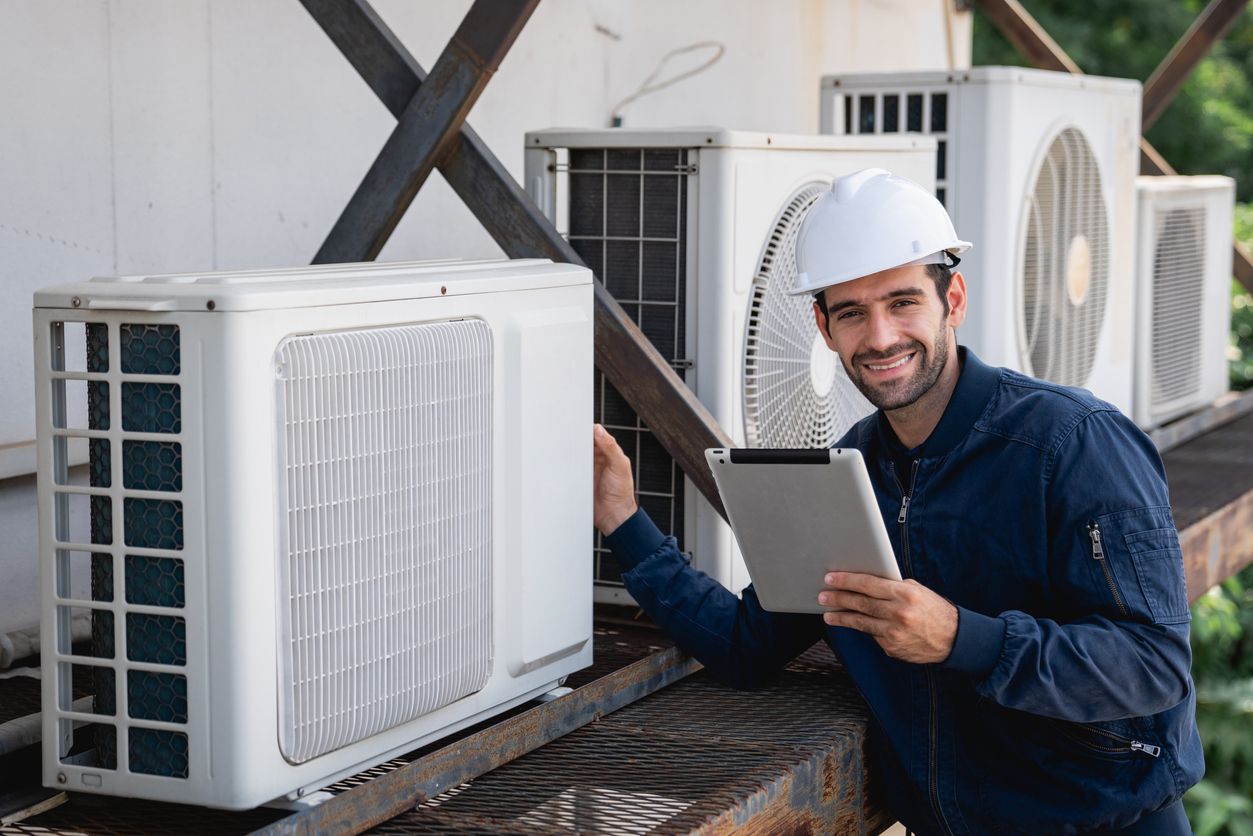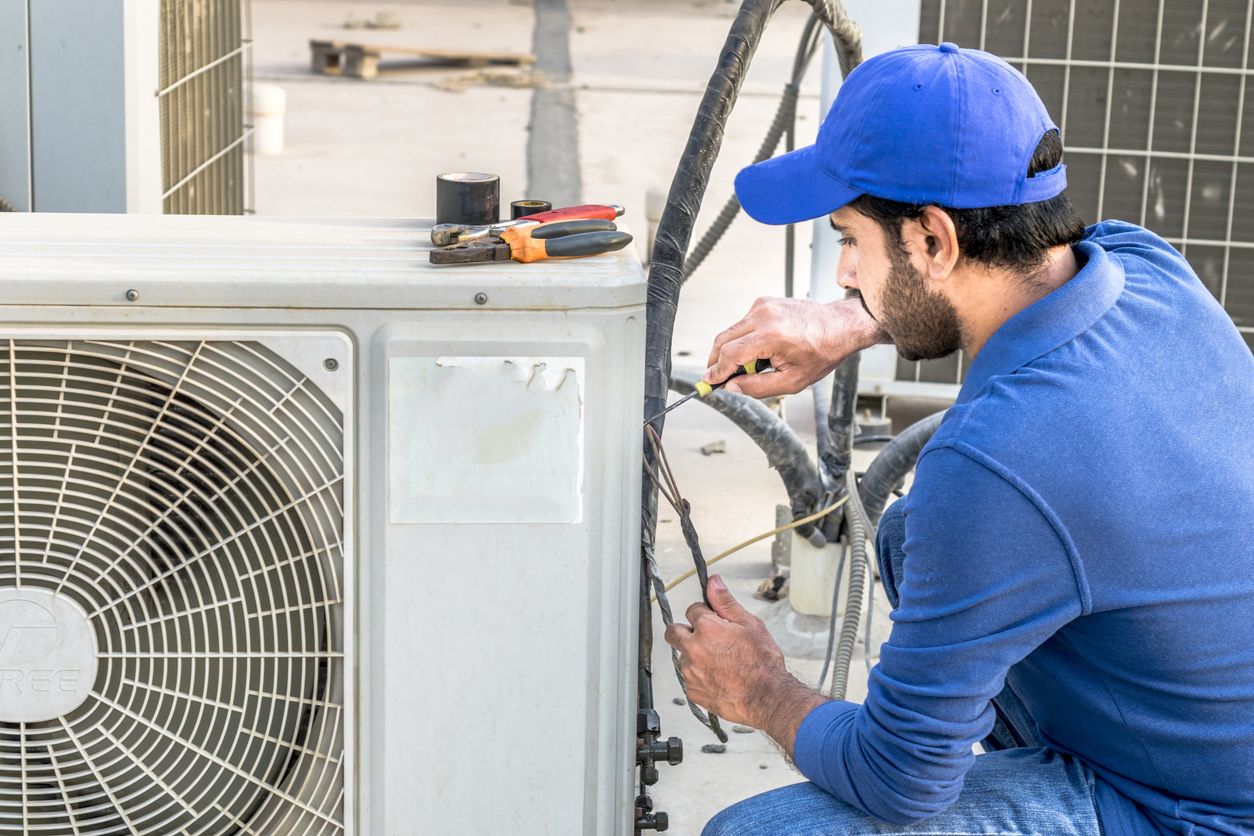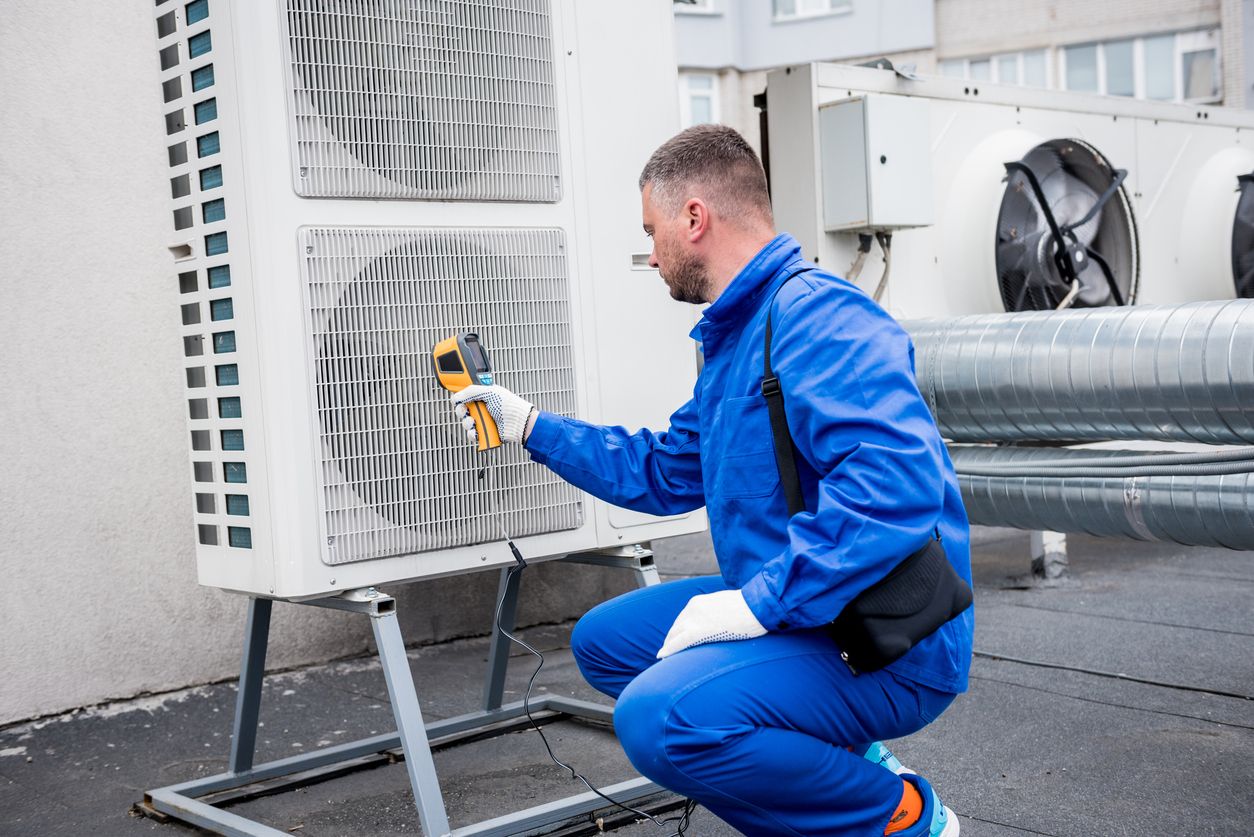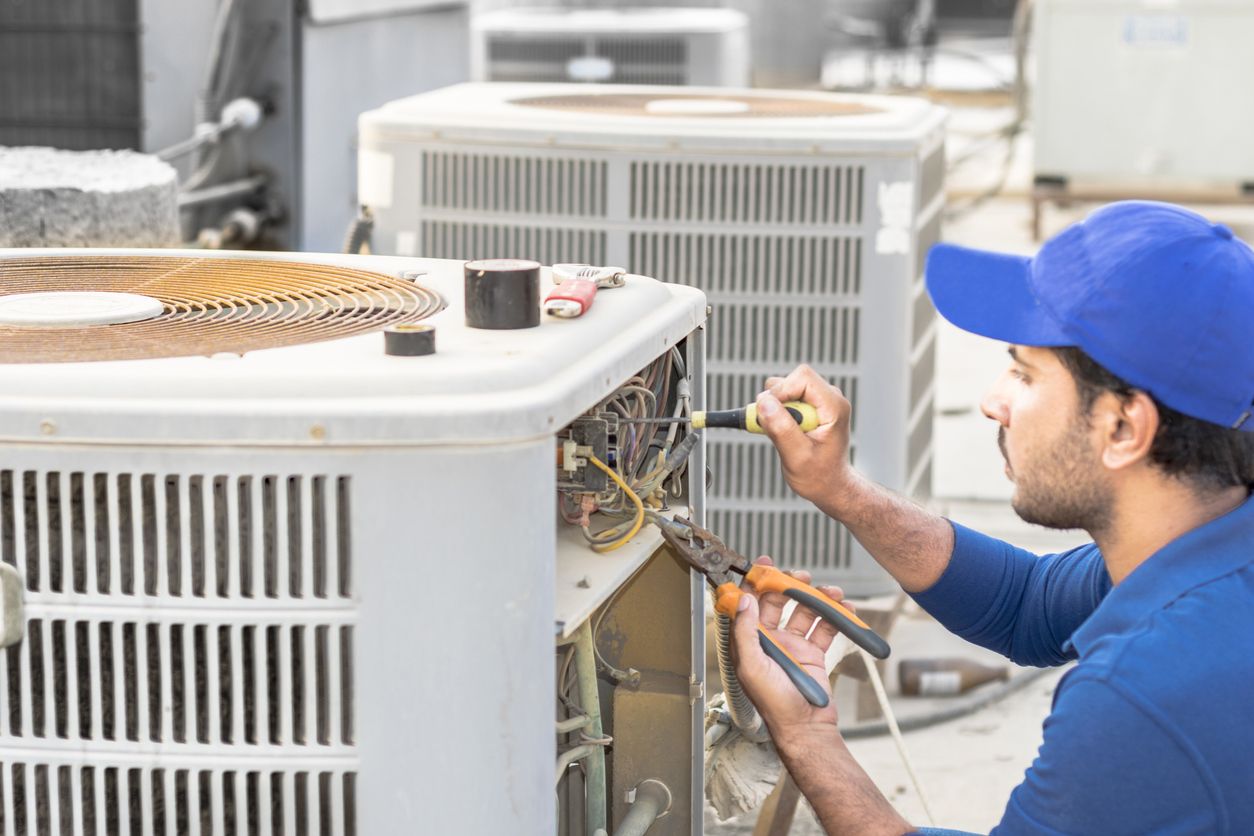Why Choosing the Cheapest HVAC Option Can Cost You More in the Long Run
Written by Justin Carroll, Home Services Industry Leader at Elevate Home Services
When an air conditioner fails in Southwest Florida, the decision feels urgent. The heat builds fast, humidity follows, and every hour without cooling matters. In that moment, many homeowners focus on one thing: finding the cheapest HVAC option.
After years of providing HVAC repair, installation, and replacement services in Southwest Florida, we’ve seen a consistent pattern:
Choosing the lowest-priced HVAC contractor often leads to higher costs over time.
Not immediately—but over the life of the system.
This insight isn’t theoretical. It comes from real service calls where we’re asked to fix systems that were installed cheaply and failed early.
What Happens After Homeowners Choose the Cheapest HVAC Company
We rarely see HVAC systems fail because they were “too high-end.”
We see failures caused by poor installation, rushed labor, and cost-cutting decisions made to win a low bid.
Some of the most common problems we’re called out to resolve include:
- Premature compressor failure
- Rising energy bills caused by improper system sizing
- Excess indoor humidity and poor airflow
- Repeated refrigerant leaks
- HVAC systems failing years earlier than expected
In most cases, the equipment itself wasn’t the issue.
The installation quality was.
Why HVAC Installation Quality Matters More Than Price
In hot, humid climates like Southwest Florida, air conditioning systems run harder and longer than in most parts of the country. Even small installation errors can significantly reduce efficiency and lifespan.
Cost-driven HVAC installations often skip or rush:
- Proper load calculations
- Airflow and duct evaluations
- Accurate refrigerant charging
- System startup and performance testing
These shortcuts may not cause immediate breakdowns—but they steadily increase operating costs and wear on your system.
That’s when a “cheap HVAC install” becomes an expensive long-term problem.
Cheap HVAC Quotes Often Mean Limited Warranties
One of the biggest differences between low-cost HVAC options and properly priced installations is who carries the risk.
Many budget HVAC companies offer:
- Short or unclear labor warranties
- Manufacturer warranties that aren’t fully explained
- Little accountability once installation is complete
When problems arise months or years later, homeowners often pay out of pocket.
At Elevate Home Services, we believe the risk should never land on the homeowner. That’s why our warranties and guarantees are always clearly defined and in writing—so you know exactly what’s covered and for how long.
HVAC Experience Reveals the True Cost of “Cheap”
After servicing thousands of homes, one thing is clear:
HVAC systems don’t usually fail because they’re old. They fail because they were stressed from day one.
Low pricing often means cutting costs in:
- Technician experience and training
- Installation time
- Equipment quality
- Long-term service support
Those savings show up later as higher repair bills, shorter system life, and frequent service calls.
Why Elevate Home Services Is Not the Cheapest HVAC Company
We’ve never positioned ourselves as the cheapest HVAC contractor in Southwest Florida—and that’s intentional.
We invest in:
- Experienced, well-trained technicians
- Proper installation time
- Equipment designed for Florida’s climate
- Industry-leading written warranties
- Long-term accountability
These choices may cost more upfront, but they consistently deliver lower lifetime HVAC costs and better comfort.
Our clients choose Elevate because they value:
- Fewer breakdowns
- Stable energy bills
- Reliable system performance
- Clear, long-term protection
What to Ask Before Choosing an HVAC Contractor
Instead of asking, “Who’s the cheapest?” consider asking:
- Who will be installing my HVAC system?
- How long is the labor warranty—and is it written?
- Is the system sized specifically for my home?
- What happens if something fails after the first year?
- Will this HVAC company be here long-term?
The answers to these questions matter far more than the initial price.
A Better HVAC Decision Saves Money Over Time
If you’re considering an HVAC repair or system replacement in Southwest Florida and want clear, pressure-free guidance, we’re here to help.
We’ll explain your options, the long-term implications, and what truly affects cost over time—so you can make a confident decision for your home.
Because elevating lives isn’t about being the cheapest HVAC company.
It’s about doing the work right—and standing behind it.
Schedule your HVAC consultation at ElevateMyHome.com
About the Author
Justin Carroll is a home services leader and HVAC industry professional with extensive experience overseeing residential air conditioning, heating, plumbing, and electrical operations across Southwest Florida. As a leader at Elevate Home Services, Justin works closely with licensed technicians to ensure every installation, repair, and maintenance visit meets the highest standards of safety, performance, and long-term value.
With a strong focus on system reliability, proper installation practices, and homeowner education, Justin is passionate about helping homeowners make informed decisions that protect their comfort, energy efficiency, and investment. His work reflects Elevate’s mission of elevating lives—by prioritizing people, accountability, and quality in every home served.

